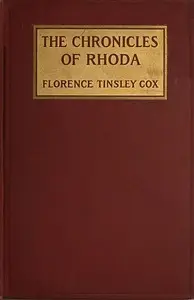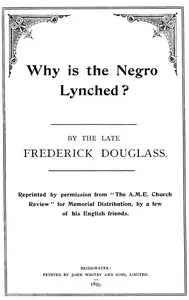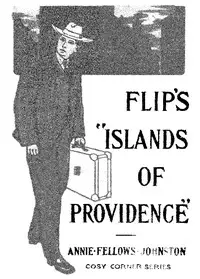"Rhoda Fleming — Volume 2" by George Meredith is a story set in what appears to be the late 1800s that shows the tangled lives of people struggling with love, lies, and what society expects from them, mainly through the eyes of a young woman named Rhoda. The book starts by showing Algernon, a man who's upset because he missed dinner, which leads to thoughts about high society and the troubles that come with it. At the theatre, he discovers that Rhoda's sister, Dahlia, is in trouble, pulling him into their family drama. We also meet Mr. Fleming, a farmer, and sense the pressure within his family, especially because one of his daughters is missing. The story begins with a heavy feeling of upset, giving clues about the complicated bonds to form.

Rhoda Fleming — Volume 2
By George Meredith
When a missed dinner leads to a chance encounter at the theatre, lives become entwined in a web of family secrets, societal pressures, and missing daughters.
Summary
About the AuthorGeorge Meredith was an English novelist and poet of the Victorian era. At first, his focus was poetry, influenced by John Keats among others, but Meredith gradually established a reputation as a novelist. The Ordeal of Richard Feverel (1859) briefly scandalised Victorian literary circles. Of his later novels, the most enduring is The Egoist (1879), though in his lifetime his greatest success was Diana of the Crossways (1885). His novels were innovative in their attention to characters' psychology, and also portrayed social change. His style, in both poetry and prose, was noted for its syntactic complexity; Oscar Wilde likened it to "chaos illumined by brilliant flashes of lightning". Meredith was an encourager of other novelists, as well as an influence on them; among those to benefit were Robert Louis Stevenson and George Gissing. Meredith was nominated for the Nobel Prize in Literature seven times.
George Meredith was an English novelist and poet of the Victorian era. At first, his focus was poetry, influenced by John Keats among others, but Meredith gradually established a reputation as a novelist. The Ordeal of Richard Feverel (1859) briefly scandalised Victorian literary circles. Of his later novels, the most enduring is The Egoist (1879), though in his lifetime his greatest success was Diana of the Crossways (1885). His novels were innovative in their attention to characters' psychology, and also portrayed social change. His style, in both poetry and prose, was noted for its syntactic complexity; Oscar Wilde likened it to "chaos illumined by brilliant flashes of lightning". Meredith was an encourager of other novelists, as well as an influence on them; among those to benefit were Robert Louis Stevenson and George Gissing. Meredith was nominated for the Nobel Prize in Literature seven times.


















